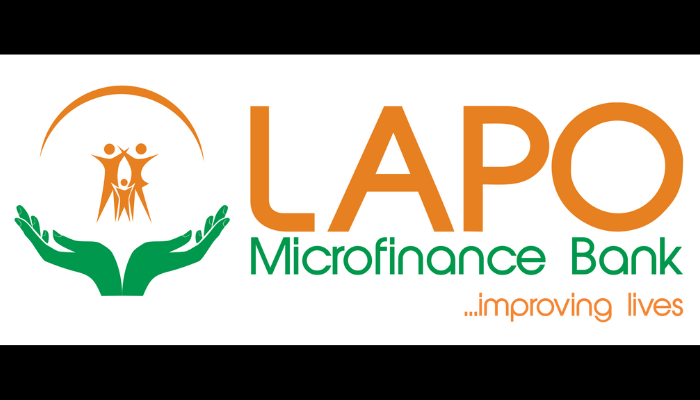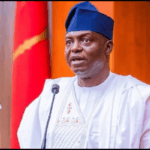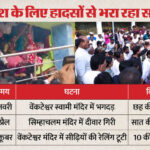LAPO Microfinance Bank, one of Nigeria's leading microfinance institutions, is driving the conversation on climate and sustainable finance. Its goal is clear: to promote inclusive growth and strengthen the resilience of low-income communities.
This focus emerged during the second edition of the Sustainable Finance Conference, themed “Microfinance for climate resilience: empowering communities, driving innovation, shaping policy.”
The event brought together experts in finance, sustainability and governance to discuss how microfinance can help communities adapt to climate change and support small businesses in a warming world.
Managing Director of LAPO Microfinance Bank, Cynthia Ikponmosa, said the bank had started looking for sustainable financing since 2012.
“We started by providing loans that enable people to purchase solar products and home solar systems,” he said. “That was our entry point into supporting clean energy adoption, and we've been doing that for quite some time.”
He said the bank is now partnering with small businesses and renewable energy vendors to expand access to affordable clean energy and green agriculture solutions.
Discussions at the conference revolved around climate finance, climate justice and sustainable financing for small and medium enterprises (SMEs). Speakers agreed that microfinance institutions have an important role to play in advancing climate adaptation across Africa.
Professor Franklin Ngwu of Lagos Business School defines climate finance as funding that helps mitigate or adapt to the impacts of climate change. He stressed the urgency of increasing resources.
“Africa needs more than $300 billion annually to address its climate challenges,” he said. “In ten years, that's about $2.5 trillion. But what we get currently is only one percent of that. Ninety-nine percent is unfinanced.”
He warned that the continent's economic damage from climate impacts is already severe. “Africa's losses range between $289 billion and $440 billion,” he said, citing drought in East Africa, floods in the West and rising temperatures in the North.
NGWU urged greater partnerships between microfinance institutions, development partners and NGOs to bridge the gap and strengthen community-level resilience.
Women at the center of climate finance
Ndidi Navuneli, Chairman of the Forest Campaign, gave another keynote address. She called for a new framework that puts women at the center of climate finance.
“Women are most affected by climate change, but they are also part of the solution,” she said. “Empowering them changes stories and builds resilience in communities.”
Nunnelly highlighted the agricultural sector as both vulnerable and essential. He urged financial institutions to integrate agricultural insurance, drought pricing and risk-sharing mechanisms into agricultural financing.
“Finance and insurance should go hand in hand,” he said. “The insurance industry must work closely with banks to design products that manage risk effectively.”
He also called for broader access to financing for SMEs and low-income households and stressed that such products should include guarantees and safety nets.
Nunnelly criticized the lack of accountability from developed countries on their climate commitments.
“Africa did not cause the climate crisis, yet we are paying the highest price for it,” he said. “We must demand guarantees, equipment and subsidies from those responsible.”
He also said that Africa must learn to rely on its own strength.
“We must talk about Nigerian assets for Nigerian development,” he said. “Our money should build our nation through trusted institutions that make a real impact.”
The conference ended with a common call for cooperation. Stakeholders agreed that finance, policy and innovation must work together to empower communities and secure a sustainable future for Africa.











